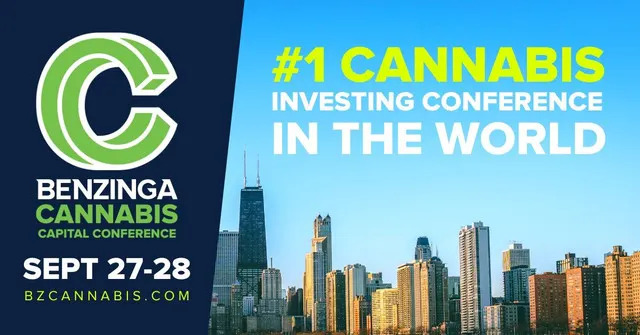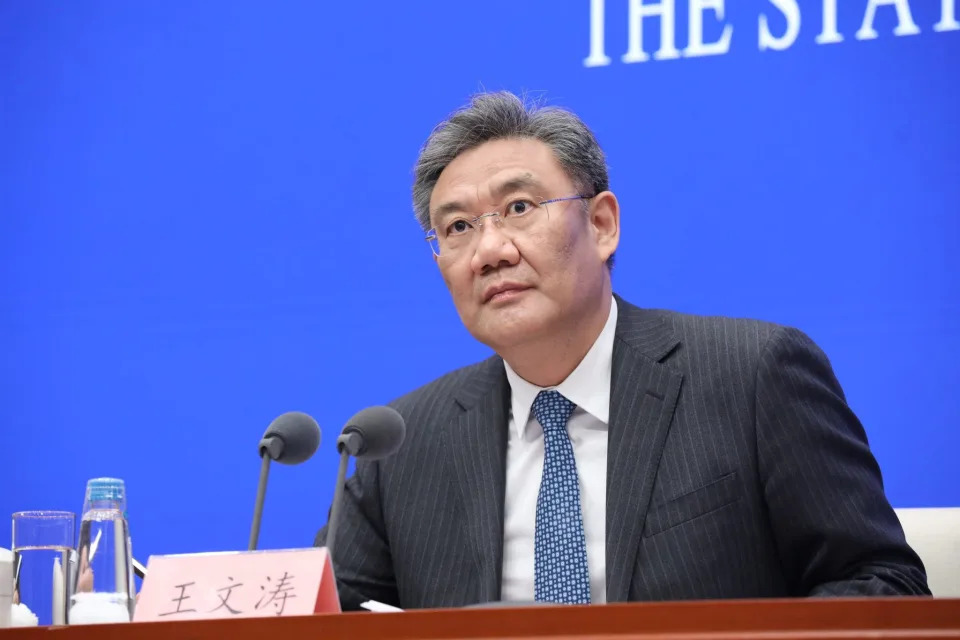(Bloomberg) -- US independent shale oil producers plowed money into output growth in the second quarter at the fastest rate in three years, a departure from the fiscal discipline that’s been the industry’s focus, according to a report from research firm Rystad Energy.
Reinvestment rate surged to 72% in the second quarter, highs not seen since 2020, according to the study focusing on 18 companies that collectively account for about 40% of US shale output.
THE NEED FOR CCS TO FRACK OLD WELLS
The cash injection comes as the steep drop in output from US shale wells is turning out to be worse than expected, Rystad notes. The depleted fields have forced oil drillers to work even harder to keep production from slipping, research firm Enverus said in a separatstudy earlier this month.
But rising reinvestment rate is unlikely to last. “As inflationary pressures ease in the coming quarters and oil prices rebound, this spike will be a short-term anomaly instead of a shift of strategy,” said Matthew Bernstein, senior upstream analyst at Rystad. This means shale companies will likely stay focused on paying out shareholders in the form of buybacks and dividends as they have in the past two years.
Bloomberg Businessweek










.jpg)
